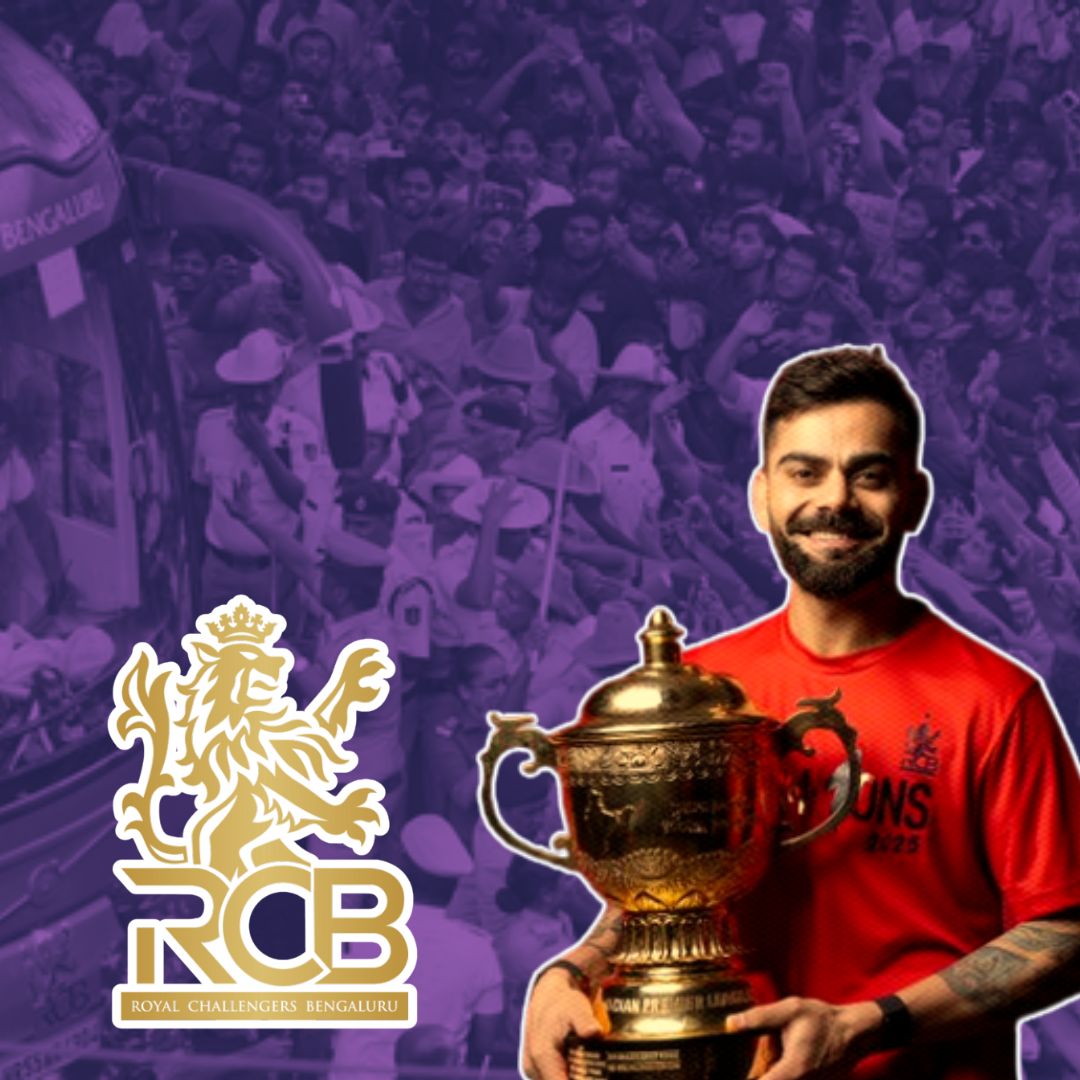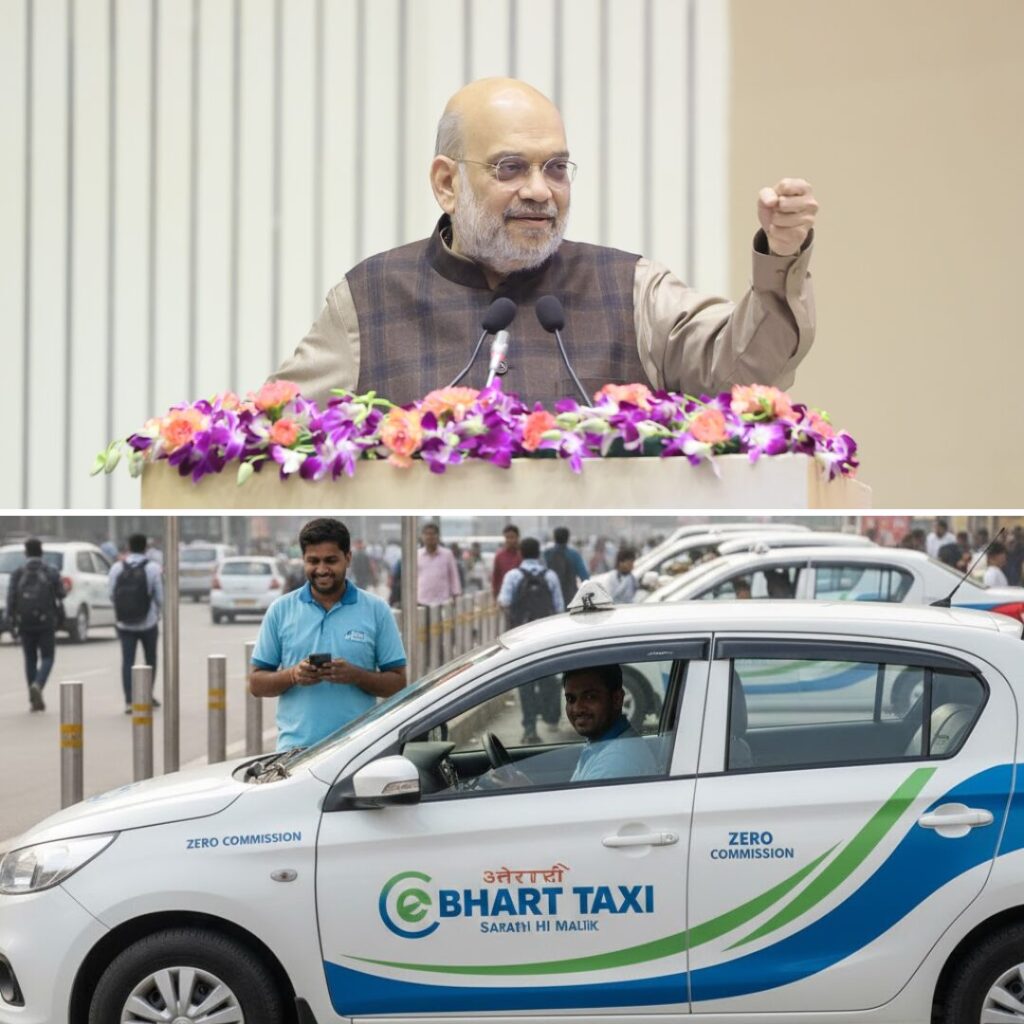A police complaint has been filed against cricketer Virat Kohli following the tragic stampede at Bengaluru’s Chinnaswamy Stadium on June 3, which claimed 11 lives and left 56 injured. The complaint, lodged by social activist HM Venkatesh, alleges that Kohli’s public involvement and the promotion of the IPL allegedly contributed to the overwhelming crowd that led to the disaster during the Royal Challengers Bengaluru (RCB) victory celebrations.
Bengaluru police have confirmed that the complaint will be considered as part of the ongoing investigation, but no separate FIR has been registered against Kohli. The primary FIRs have been filed against RCB, DNA Entertainment Pvt. Ltd. (the event organiser), and the Karnataka State Cricket Association (KSCA) for alleged negligence and culpable homicide.
Activist’s Allegations and Police Response
Social activist HM Venkatesh filed the complaint at Cubbon Park Police Station, directly naming Virat Kohli and accusing him of allegedly promoting “gambling through IPL,” which he claims allegedly incited the massive turnout.
Venkatesh stated in his complaint, “Virat Kohli of the Bangalore RCB team is the most prominent among those who participated in such gambling and allegedly incited people to gather in a specific place and caused this tragedy. Therefore, we request you to please make Virat Kohli and his team members accused in the FIR of this tragedy and take action.”
Venkatesh further alleged that the Indian Premier League (IPL) is “not a sport but a gambling that has contaminated the game of cricket.”
Police officials clarified that the complaint would be merged with the existing FIR, which already names RCB, DNA Entertainment Pvt. Ltd., and the KSCA under charges of culpable homicide and negligence. No separate FIR has been registered against Kohli.
Bengaluru Police Commissioner B Dayananda, who has since been suspended along with other senior officials for alleged lapses in crowd management, had previously stated the police would conduct a thorough and impartial investigation. The Karnataka government has also ordered a judicial inquiry led by retired High Court judge John Michael Cunha.
Events Leading Up to the Tragedy and Legal Developments
The stampede unfolded as an estimated 2-3 lakh fans gathered outside the stadium to celebrate RCB’s historic IPL victory, far exceeding the venue’s 35,000-person capacity. The event, intended as a public felicitation, quickly spiralled out of control as fans surged towards the gates, resulting in a deadly crush. Confusion over entry passes and rumours of free entry further exacerbated the situation.
Despite police warnings about inadequate preparation and the lack of official permission for the event, organisers allegedly proceeded with the celebrations. The FIR notes that the failure to provide clear information about passes and entry contributed to the chaos.
In response, the Karnataka government suspended several senior police officials and initiated a judicial inquiry led by Justice Cunha. Four individuals, including RCB Marketing and Revenue Head Nikhil Sosale and three event managers from DNA Entertainment, were arrested and remanded to 14 days’ judicial custody. Sosale has since approached the Karnataka High Court, challenging his arrest as unlawful and arbitrary.
Meanwhile, the Karnataka High Court granted interim relief to KSCA office bearers, instructing police not to take coercive action against them until the next hearing on June 9. RCB, in their official statement, expressed deep sorrow, announced financial assistance of Rs 5 lakh each to the families of the deceased, and emphasised that they had coordinated with local authorities and altered their plans in response to crowd concerns, urging fans to prioritise safety.
The Logical Indian’s Perspective
This devastating incident brings to light the critical need for robust crowd management, transparent accountability, and responsible conduct from all stakeholders involved in large-scale public events. While it is essential to thoroughly investigate and address any lapses, it is equally important to avoid placing blame without due process.
The Logical Indian stands for justice, empathy, and systemic change, urging authorities to learn from this tragedy and implement safeguards to prevent future disasters. As we mourn the loss of innocent lives, let us reflect on how we, as a society, can ensure that celebrations remain safe and inclusive for all. What measures do you believe should be prioritised to enhance public safety at major events?












